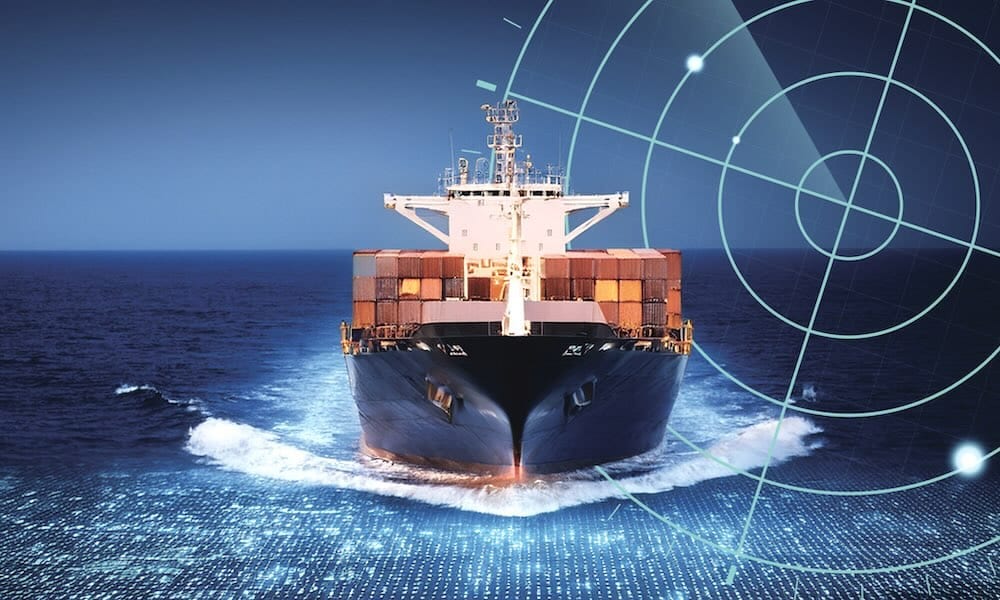Another bonus of greater bandwidth at sea
Enhanced Connectivity Set to Transform Shipping Industry

Recent findings from the latest issue of Ship Concept 2035 reveal that improved onboard connectivity is poised to significantly enhance operational competence in the shipping industry. Surveyed experts emphasize that real-time communication between ship crews and shore-based teams can lead to better decision-making and operational efficiency. This shift promises to revolutionize training, safety protocols, and overall performance within maritime operations.
Real-Time Communication Enhances Operational Efficiency
Enhanced connectivity onboard vessels allows for immediate communication between seafarers and shore-based support teams. This capability facilitates video conferencing, virtual training sessions, and collaborative platforms, enabling crews to receive timely guidance and share knowledge effectively. Andrew Airey, head of Highland Maritime, asserts that such connectivity can alleviate the workload and stress of shipboard personnel, ultimately improving industry standards.
Shah Irani, Chief Technology Officer at Fleet Management, highlights that increased bandwidth supports real-time training and remote mentoring. This access to updated safety protocols and predictive maintenance alerts can significantly boost crew competence. However, Tore Morten Olsen, president of maritime at Marlink, raises concerns about the appropriateness of remote training environments, suggesting that effective learning requires the right context to foster teamwork and collaboration.
Pradeep Chawla, founder of MarinePALS, supports the notion that online training correlates with improved safety and performance during inspections. Ajay Chaudhry, CEO of Synergy Marine Group, emphasizes the importance of continuous learning through real-time access to simulators and performance feedback. He argues that while technology is crucial, it must be complemented by strong human systems to maximize its potential.
Driving Innovation and Decision-Making in Maritime Operations
The role of connectivity extends beyond training; it is vital for the digitalization and operational efficiency of the maritime industry. Niraj Nanda, Chief Commercial Officer of Anglo-Eastern, explains that reliable connectivity enables real-time monitoring of vessel operations, leading to optimized fuel consumption and enhanced safety measures. The company is also exploring innovative technologies such as drone deliveries and augmented reality to further drive efficiency and sustainability.
Actionable data is key to reducing shipping’s carbon footprint
Manish Singh, founder of Aboutships, notes that improved connectivity will transform decision-making processes. With real-time performance feedback and shore-based support, ships can leverage embedded training and automated compliance, which will enhance technical competence and reduce human error. As Nicholas Goubert, co-CEO of Ocean Technologies Group, points out, the agility of deploying solutions in response to dynamic threats is crucial in today’s fast-paced regulatory environment.
In conclusion, the maritime industry stands on the brink of a significant transformation, driven by enhanced connectivity. As companies adapt to these technological advancements, the potential for improved training, operational efficiency, and decision-making will reshape the future of shipping.
